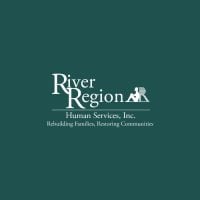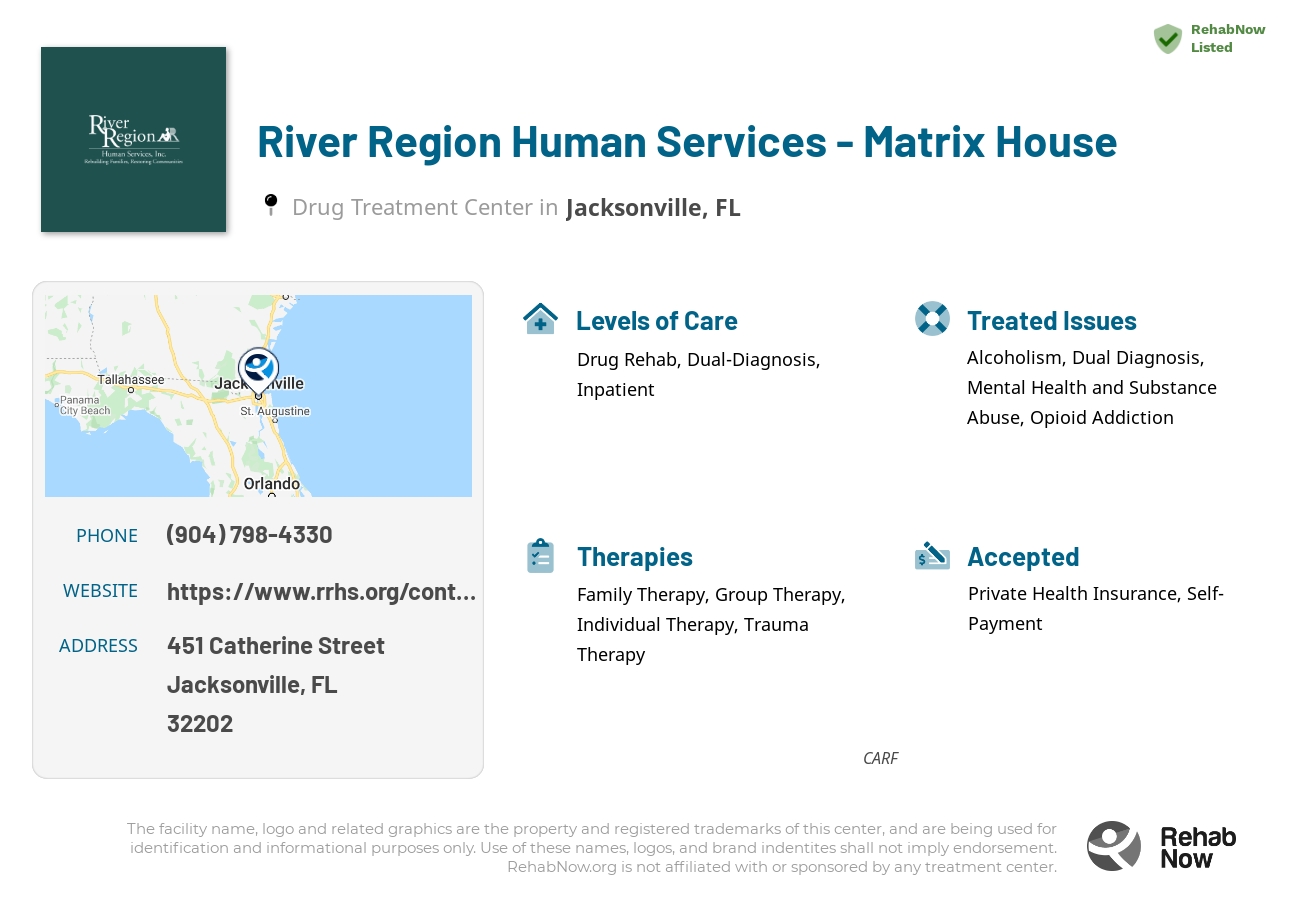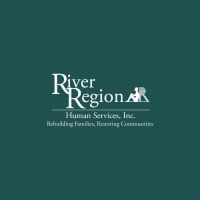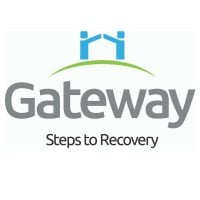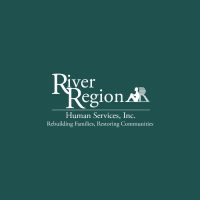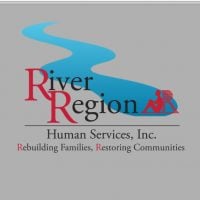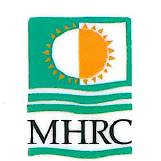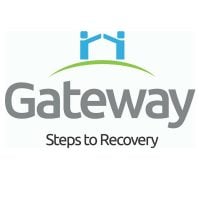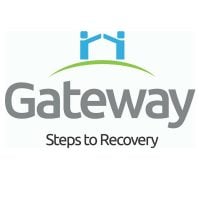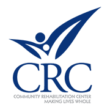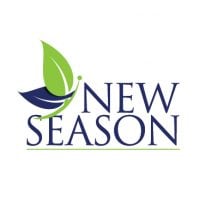River Region Human Services - Matrix House
Drug Rehab Center in Jacksonville, Florida
River Region Human Services - Matrix House is a CARF-accredited Addiction Treatment Facility in Jacksonville, FL that provides personalized Inpatient Care, Outpatient Levels of Care and Aftercare Support as well as medical management, individual counseling, group therapy sessions and recreational activities to help individuals gain the skills they need to remain sober.
About River Region Human Services - Matrix House in Florida
River Region Human Services - Matrix House is an accredited drug treatment center located in Jacksonville, Florida. With its CARF certification, this facility ensures that it meets high standards of quality and effectiveness in providing treatment for individuals suffering from alcoholism, dual diagnosis, opioid addiction, drug addiction, and substance abuse. River Region Human Services - Matrix House offers various levels of care, including drug rehab, dual-diagnosis treatment, inpatient services, aftercare support, and outpatient programs. Accepting private health insurance, this facility is committed to helping individuals overcome their addiction and achieve long-term recovery.
At River Region Human Services - Matrix House, individuals struggling with addiction and substance abuse can benefit from a range of comprehensive services. This facility provides drug rehab programs that cater to the specific needs of each individual, ensuring personalized treatment plans. Additionally, River Region Human Services - Matrix House offers dual-diagnosis treatment, addressing both addiction and any underlying mental health disorders. With inpatient services, individuals can receive intensive and structured care while staying at the facility. Aftercare support and outpatient programs are also available, providing ongoing assistance and treatment as individuals transition back into their daily lives.
Genders
Ages
Modality
Additional
Accreditations

CARF
The Commission on Accreditation of Rehabilitation Facilities (CARF) is a non-profit organization that specifically accredits rehab organizations. Founded in 1966, CARF's, mission is to help service providers like rehab facilities maintain high standards of care.
Conditions and Issues Treated
A combination of treatments is often needed to treat drug abuse. Some addictions can be treated with counseling and support groups. In other cases, drug abuse can lead to a medical problem and require medical treatment. Treatment for drug addiction typically combines counseling and psychotherapy with medication and behavioral therapies.
A combination of treatments is often needed to treat drug abuse issues effectively. In the case of drug abuse, there is no easy answer or one-size-fits-all cure.
Opioid addiction has become a significant health problem in the United States. In 2015, there were 91 opioid overdose-related deaths per day, with a substantial increase in mortality rate in 2014.
When opioid addiction has reached a point where a person’s life becomes unmanageable, treatment options are available to help them get sober. Treatment that includes medical care with medications and counseling can help a user transition into sobriety.
When someone in struggles with both addiction and mental or emotional illness, this is considered a dual diagnosis. Dual diagnosis treatment can include therapy for these issues to happen simultaneously, which will allow either of them to be treated effectively.
Sometimes people who have suffered from addiction disorder also suffer from co-occurring disorders such as depression, anxiety, bipolar disorder, etc., making them “dual diagnoses.” Dual diagnoses require specialized treatment programs where drug and alcohol addiction are addressed along with psychiatric illnesses. Some rehabilitation facilities provide patients suffering from cooccurrences a program with highly integrated services and a clean environment with few distractions to help them succeed.
Levels of Care Offered
This center offers a variety of custom treatment tailored to individual recovery. Currently available are Aftercare Support, Drug Rehab, Dual-Diagnosis, Inpatient, Outpatient, with additional therapies available as listed below.
Inpatient treatment for alcoholism or drug addiction is an option that provides the addict with a supportive environment in which they can stop using. After detox, an inpatient treatment center provides a structured environment for the addict to recover from their addiction and begin taking steps toward a lifetime of sobriety.
This type of treatment is appropriate for addicts that are most in need of intensive care and supervision. This includes those who were unable to quit on their own, those who need more structure than they can get in outpatient treatment, and those whose addiction has led them into legal trouble or severe health problems.
Outpatient treatment is often used for drug addicts in drug rehab. Outpatient treatment consists of counseling and therapy sessions. This form of treatment is also called ‘day-treatment’. The outpatient treatment process begins with the addict’s initial detox period, lasting about ten days.
Outpatient treatment is used for those who are at moderate risk for ‘slipping back’ into the addiction, for those who:
- Are not currently experiencing any side effects from withdrawal and can handle social pressure
- Can handle stressors that might trigger relapse
- Have a stable living environment or have moved out of their previous environment, which was not conducive to being sober
- Have a support system that allows them to go to a facility a few times a week while still keeping their current responsibilities
- Have no legal obligations, being either on parole or probation, that require them to seek treatment at a mandatory facility
- Are not currently experiencing any side effects from withdrawal and can handle social pressure
- Have a stable living environment or have moved out of their previous environment, which was not conducive to being sober
Completing a drug or alcohol rehab program is only the first step. Then comes aftercare support. These services include sober living accommodations, career counseling, and AA/NA programs for those struggling with sobriety or who want help maintaining it after initial rehab at an addiction facility.
They can last up to a year or more depending on what’s needed most urgently after the earlier stages are completed.
Therapies & Programs
Because no single treatment is effective for all addicts, the goal of treatment and therapy should be to figure out what works best for each individual. Tolerance and withdrawal levels differ from person to person, affecting the treatment intensity required. Addiction treatment should aim to help addicts develop healthy coping mechanisms for dealing with their addiction and its underlying causes.
Family therapy is beneficial for people who are in addiction treatment services because it offers addicts the opportunity to work with their family members to better understand what led them to make choices that contributed to their addiction.
This type of therapy helps family members reach a deeper understanding of how they can best support their loved one during recovery. It also helps the addict better understand their own motivations and triggers that led them to turn to substance abuse.
Family therapy can help addicts in the following ways:
- Assists family members in processing difficult feelings so they don’t blame or resent recovering addicts
- Assists family members in understanding how addiction has impacted the addict and everyone who is involved with them
- Allows the addict to take responsibility for their actions, while encouraging improved communication skills
- Helps family members understand how to best support an individual in recovery so addicts don’t relapse again.
Group therapy can help build a stronger support system and give addicts in Jacksonville, FL insight into their addiction that they gain through shared conversations. Group therapy occurs in a controlled group environment, exclusive of one on one meetings. This makes it safer for patients to feel comfortable sharing the struggles they’re going through and gaining perspective.
Trauma therapy is beneficial for people who are recovering from drug addiction because it helps them heal from past traumas that may have caused them to turn to harmful substances or led them to experience negative emotions that contributed to their destructive behaviors.
This type of treatment works by processing difficult experiences so individuals can learn how to process these events without having to turn to substances for coping.
Trauma therapy can help addicts in the following ways:
- Helps individuals understand their experiences and emotional responses to difficult events, including why they turned to drugs or alcohol
- Provides them with comfort and support while working through difficult emotions related to these traumatic experiences
- Offers an opportunity for addicts to have a voice and be heard, which can improve their self-esteem
- Can help them develop coping skills so they can better respond to triggers instead of turning to substance abuse.
Payment Options Accepted
For specific insurance or payment methods please contact us.
Is your insurance accepted?
Ask an expert, call (888) 674-0062
River Region Human Services Associated Centers
Discover treatment facilities under the same provider.
- River Region Human Services - Derya Williams Campus in Jacksonville, FL
- River Region Human Services - Carmichael Avenue in Jacksonville, FL
- River Region Human Services - HEY Youth Program in Jacksonville, FL
- River Region Human Services - Residential Unit in Jacksonville, FL
- River Region Human Services - Andy’s Place in Jacksonville, FL
Learn More About River Region Human Services Centers
Additional Details
Specifics, location, and helpful extra information.
Jacksonville, Florida 32202 Phone Number(904) 798-4330 Meta DetailsUpdated November 25, 2023
Staff Verified
River Region Human Services - Matrix House Patient Reviews
There are no reviews yet. Be the first one to write one.
Jacksonville, Florida Addiction Information
Florida is one of the nation's epicenters for substance abuse and drug-related overdoses. In 2014, around 410,000 Florida residents were addicted to drugs and alcohol. Over the last 10 years, 12% of all deaths in the state were attributed to substance abuse. Treatment admissions for alcohol reached 24,329 patients in 2016, and 2.5% of Florida high school students admitted to using crack cocaine.
There are an estimated 15,000 people in Jacksonville who suffer from drug addiction. The number of overdose deaths has been on the rise, with 193 reported in 2017. This is leading to an increase in crime rates, and it is also causing problems for the city's businesses and families. Rational Recovery is a type of treatment that focuses on helping the individual develop a rational and healthy relationship with drugs and alcohol.
Treatment in Nearby Cities
- Hialeah, FL (320.3 mi.)
- Gulf Breeze, FL (329.2 mi.)
- Plant City, FL (162.2 mi.)
- Riviera Beach, FL (264.1 mi.)
- Cutler Bay, FL (337.9 mi.)
Centers near River Region Human Services - Matrix House
The facility name, logo and brand are the property and registered trademarks of River Region Human Services - Matrix House, and are being used for identification and informational purposes only. Use of these names, logos and brands shall not imply endorsement. RehabNow.org is not affiliated with or sponsored by River Region Human Services - Matrix House.
